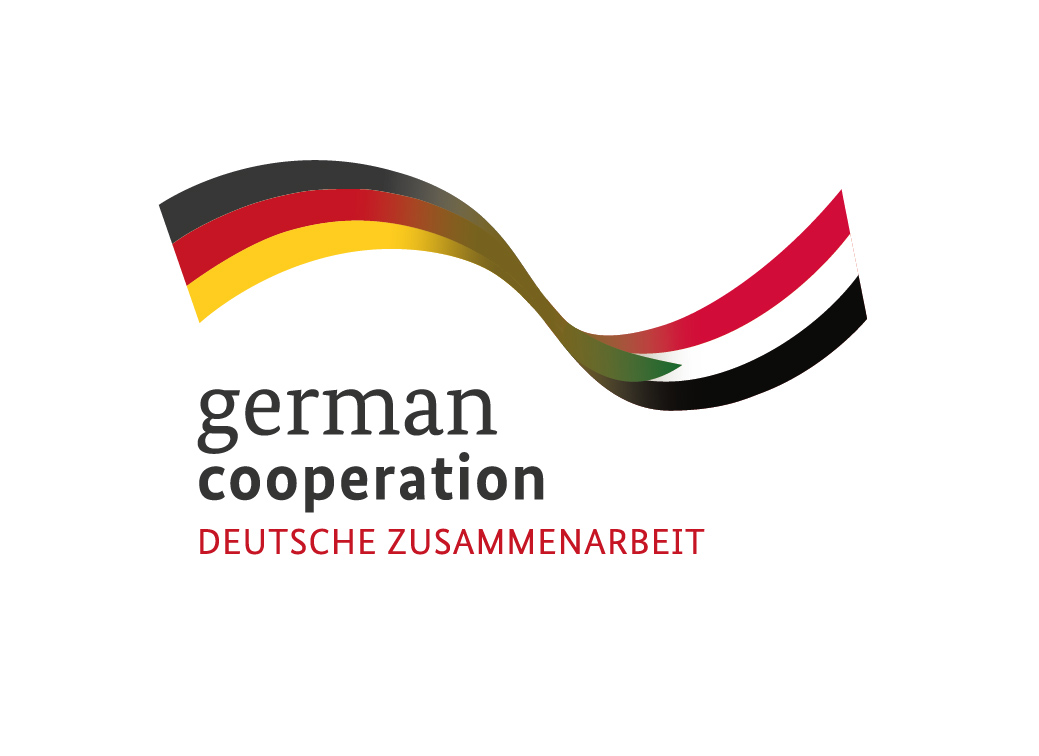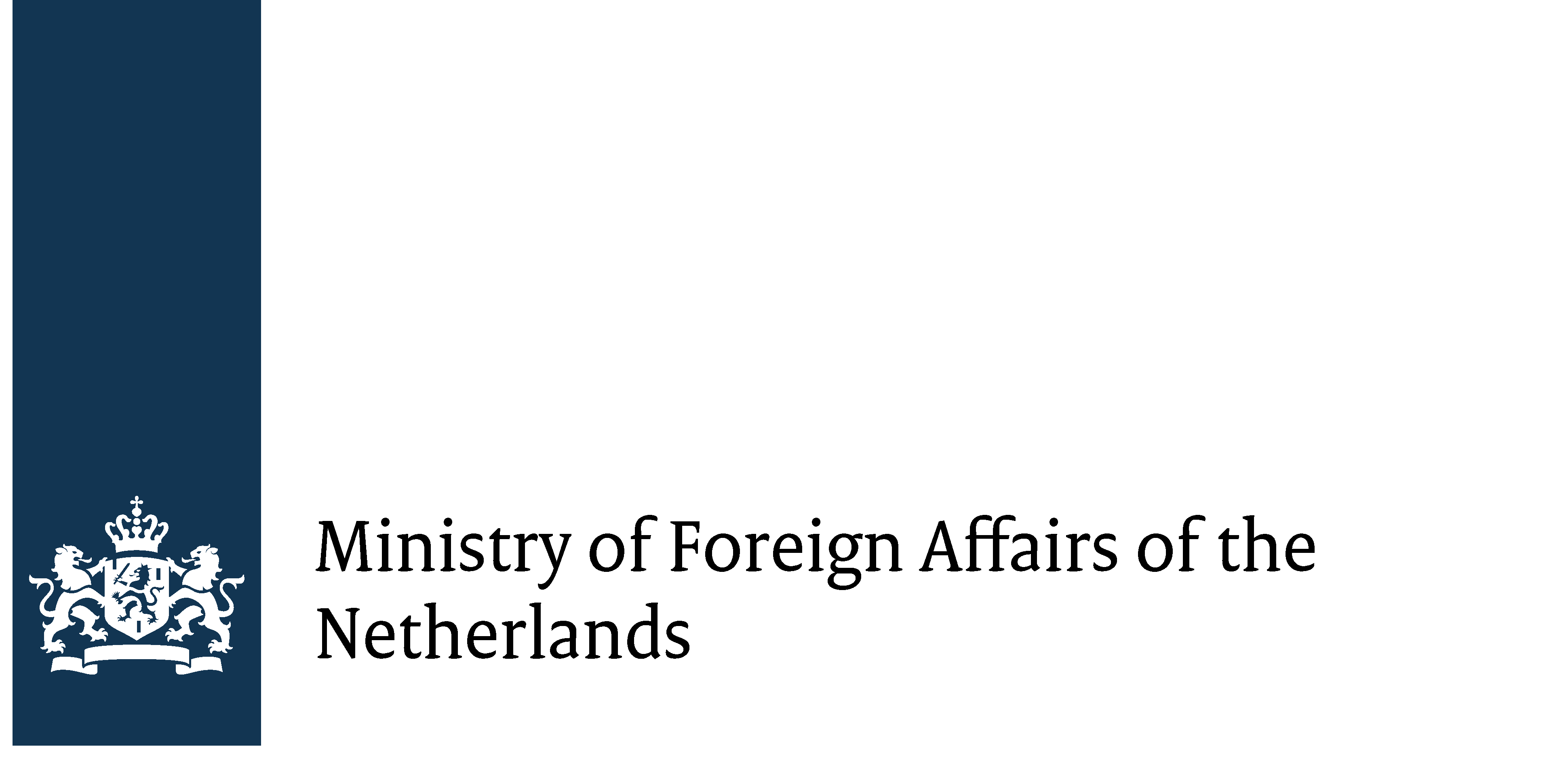
The International Criminal Court (ICC) is the only permanent international tribunal with the jurisdiction to investigate and prosecute individuals charged with the gravest crimes of concern to the international community, namely, genocide, crimes against humanity, war crimes and the crime of aggression. As a court of last resort, it seeks to complement, rather than replace national courts. The ICC is governed by an international treaty called the Rome Statute which came into force on 1 July 2002. For a detailed discussion on international criminal justice and the ICC, please see the information sheets entitled, “The International Criminal Court”, “An introduction to International Crimes” and “The Global ‘System’ of International Criminal Justice”.
Sudan is not a State Party to the Rome Statute of the International Criminal Court. However, on 31 March 2005, the United Nations Security Council (UNSC) determined that “the situation in Sudan continues to constitute a threat to international peace and security”, and referred the situation in Darfur to the ICC through Resolution 1593. The Darfur situation thus represented a number of ‘firsts’ for the ICC, in that it marked:
The Darfur situation has resulted in five active cases with suspects that include Sudanese government officials, militia/Janjaweed leaders and rebel group commanders. Of the five ICC suspects, only one, Mr. Ali Muhammad Ali Abd-Al-Rahman (Ali Kushayb), is in ICC custody and currently facing trial. The other four -Omar Al Bashir, Abdel Raheem Muhammad Hussein, Ahmad Harun and Abdalla Banda- remain at large.
Apart from Banda, who allegedly led a rebel attack against a UN peacekeeping base at Haskanita, the remaining four ICC cases in Sudan pertain to a series of alleged government/militia attacks against civilians in Darfur from 2003 to 2008. The charges against Ali Kushayb, Hussein and Harun include, inter alia, murder, rape and forced displacement as crimes against humanity and war crimes (in a non-international armed conflict) in Wadi Saleh, Central Darfur from 2003 to 2004. Aside from facing a spectrum of charges akin to those levelled against Harun, Hussein and Ali Kushayb, Mr. Bashir stands accused of genocide and crimes against humanity purportedly stemming from acts committed in North, West and South Darfur, that span the period from 2003 to as late as 2009.
In the wake of the armed conflict that erupted in Sudan on 15 April 2023, involving the Sudanese Armed Forces and the Rapid Support Forces, a new dynamic has emerged in the justice and accountability landscape. There have been several reports of severe human rights violations and international crimes being committed in the course of the armed conflict. On July 13, 2023, during his semi-annual briefing to the UN Security Council, the Chief Prosecutor of the ICC, Karim Khan, announced that he was investigating fresh allegations of war crimes and crimes against humanity in the Darfur region, including the killing of 87 members of the ethnic Masalit community. During the briefing, Khan stated that the ICC’s mandate is ongoing under Resolution 1593 of 2005, with respect to the crimes of genocide, crimes against humanity and war crimes committed in Darfur. He further stated that his office was prioritising crimes against children, and crimes of sexual and gender-based violence.
It is important to note that the ICC’s role is to complement and not replace the national courts of Sudan. This means that the ICC will not prosecute all international crimes allegedly committed in the country. The UN Security Council mandate limits the Court’s jurisdiction to crimes committed in Darfur. Consequently, this limitation suggests that the ICC may lack jurisdiction to investigate crimes reported in Khartoum and other regions of Sudan, unless clear jurisdictional connections can be drawn between the mandate given to the Court over Darfur and violence in other areas of the country, including the capital. Simultaneously, it raises the question of the scope of the UN Security Council’s mandate from 2005 and its applicability to the present situation.
During the transitional period, the ICC’s Office of the Prosecutor repeatedly stated that it was focusing its resources on those cases for which it had already issued arrest warrants. It is likely that any new arrest warrants arising from the Court’s new round of investigations into Sudan would be limited in number and, going by other investigations, pertain to only a handful of alleged perpetrators. All other accountability processes –historical or contemporary– will therefore need to be pursued by domestic authorities or perhaps through the creation of another mechanism, such as a hybrid court.
A further limitation of the ICC is that its functioning is predicated on state cooperation. If a state does not cooperate in, say, executing arrest warrants and/or supporting investigations, it is difficult for the ICC to function effectively. Despite repeated visits by the Prosecutor to Sudan, the lack of cooperation between the ICC and the Government of Sudan has so far resulted in four suspects remaining at large, and incomplete investigations relating to the 2003-2009 Darfur cases.
Given its mandate to pursue justice in situations around the world, another pertinent factor involves the Court’s limited resources which are thinly stretched across its ongoing investigations. Consequently, the ICC encounters challenges when it comes to prioritising its manpower and financing its operations effectively.
With respect to reparations, the ICC has a Trust Fund for Victims (TFV) that is mandated to support victims’ reparation claims in the event of a conviction at the end of a criminal trial, where the convicted person is found to be indigent. That said, the TFV has very limited resources and has so far been unable to administer reparations effectively in cases involving large numbers of victims. In order for victims in Darfur to achieve meaningful or effective redress for the harm that they have suffered, the domestic system will need to complement the work of the Court, particularly with respect to the resettlement of the hundreds of thousands of internally displaced people still residing in camps across Darfur and Chad.

